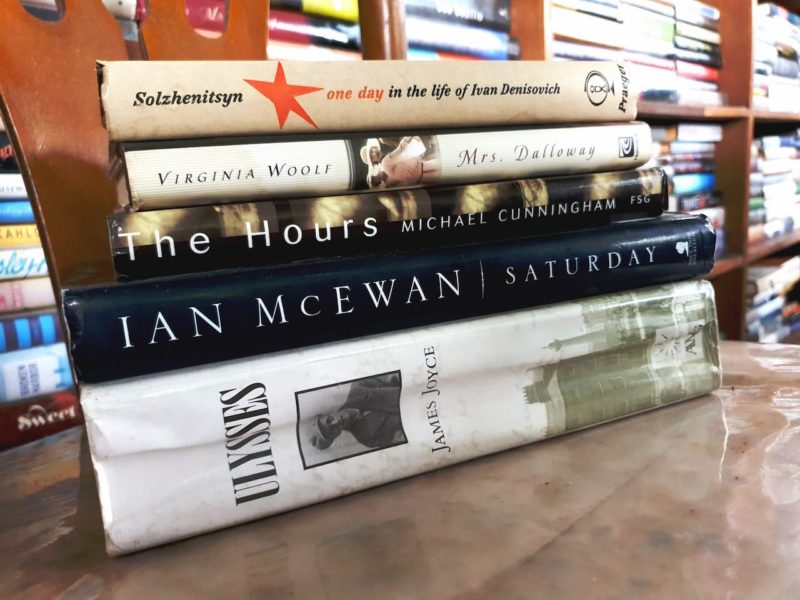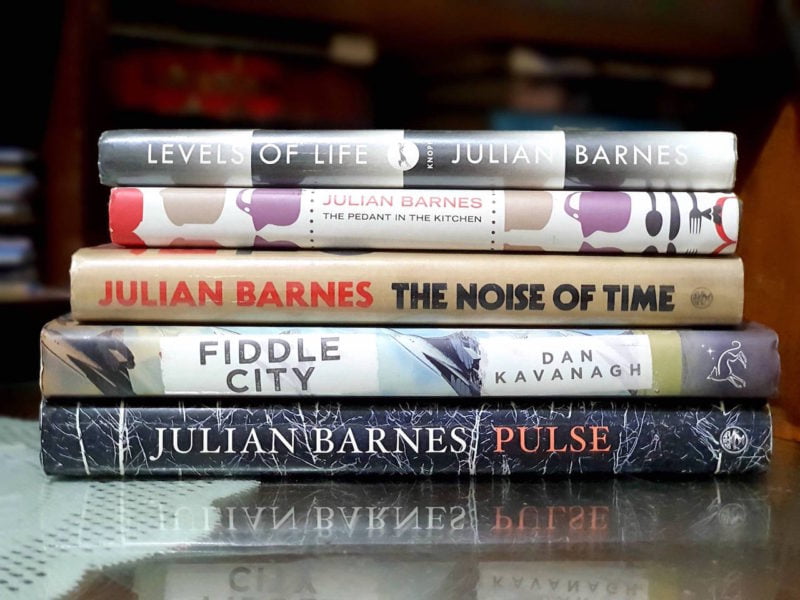Within the campus novel genre, certain works transcend the superficial representation of academic life. Instead of being treated as a mere backdrop, the university setting functions as a structured environment that subjects ideas, identities, and competing values to continuous challenge. They examine the university less as a series of collegiate tropes and more as a central site of conflict between intellectual pursuit and personal complication.
The books featured in this compilation each offer a distinct view of the academic setting. Though they occupy shared terrain, their narrative designs, tonal choices, and thematic concerns vary considerably. Some engage in sharp satire, while others adopt a reflective or psychological focus. Several explore institutional dynamics, and others center on individual experience within academic structures. Together, these works demonstrate the range and adaptability of the campus novel, proving that literary fiction can effectively use the university as a framework to examine ambition, disillusionment, and the limits of knowledge.
The Art of Fielding by Chad Harbach
Chad Harbach’s The Art of Fielding (2011) draws its impetus from the structure of both athletic rigor and academic focus. It translates these elements into a restrained yet absorbing study of ambition. Set at the fictional Westish College, the novel follows a gifted shortstop, a retiring college president, and a close-knit group of students whose aspirations intersect, collide, and upend one another. Harbach writes with restraint, careful not to overreach; this measured pacing facilitates the development of relationships with precision and clarity. The prose maintains balance and composure even as the narrative darkens.
The novel broadens the definition of promise. It treats the term as encompassing raw talent and private duty characters accept toward themselves and one another. Academic life becomes secondary to the emotional stakes of allegiance and failure. Critics noted the book’s echoes of Fyodor Dostoevsky’s The Brothers Karamazov and Herman Melville’s Moby Dick, but its real distinctiveness lies in its commitment to earnestness without succumbing to sentimentality. A finalist for the PEN/Hemingway and a New York Times Best Book of the Year, The Art of Fielding occupies its place among campus novels with unusual dignity and grace.
On Beauty by Zadie Smith
Zadie Smith’s On Beauty (2005) reimagines the campus novel not only as satire but also as a social anatomy. Loosely inspired by E. M. Forster’s Howards End (1910), the book situates a culture war within the domestic and professional life of the Belsey family and their academic rival, Monty Kipps. Smith’s prose is loose-limbed yet exacting, alternately wry and lush, capable of tonal shifts that mirror the ideological instability of the campus itself. Set in the fictional Wellington College near Boston, the novel exposes class anxiety, racial politics, and the brittle decorum of intellectual performance.
What sets On Beauty apart is its stylistic multiplicity. The book contains farce and heartbreak in equal measure. It avoids disguising the vulnerabilities of its characters beneath the safety of satire. Smith permits contradiction to accumulate, never simplifying the moral or cultural positions at play. The novel won the Orange Prize for Fiction and was shortlisted for the Man Booker Prize, yet its achievement lies beyond accolades: it reveals how the university, far from being a sealed chamber, can magnify the porousness of ideas and the fragility of belief.
The Marriage Plot by Jeffrey Eugenides
Jeffrey Eugenides’ The Marriage Plot (2011) places literary theory at the center of its architecture by embedding Roland Barthes and Derrida to function as psychological motifs within its characters, rather than simple references. Set during the early 1980s at Brown University, the novel follows a love triangle between a semiotics student, a manic-depressive scientist, and a young woman torn between both intellect and intimacy. Eugenides adopts the structure of nineteenth-century courtship novels only to dismantle it, which draws attention to the tension between established convention and contemporary disaffection.
Stylistically, the novel oscillates between the ironic and the sincere. Eugenides writes with fluency and rhythmic ease, yet the prose carries a critical examination of literature. The academic setting is both literal and conceptual—it stages classroom debates and simultaneously embeds those discussions within the story’s structure. Though it did not win the same critical awards as his earlier novel Middlesex (2002), The Marriage Plot was lauded for its ambition and structural invention. Its contribution to the campus novel lies in how it treats the university as a site where genre becomes porous, where emotional and intellectual inheritance blur into personal mythology.
Blue Angel by Francine Pros
Francine Prose’s Blue Angel (2000) is a novel with serrated edges. Set in a small New England liberal arts college, it traces the downfall of a creative writing professor ensnared by his own vanity, lethargy, and desire. Prose writes with a cold precision, stripping away pretense with each paragraph. The novel indicts both the predatory professor and the institutional culture that nourishes his self-importance. Its prose is unflinching, its satire sharp but controlled, and its emotional range remains narrow to reflect the claustrophobia of its setting.
Blue Angel surpasses other academic satires due to its refusal to simplify ethical positions. This ethical rigor is achieved through stark realism and exposure, rather than sentimental sympathy. Consequently, the novel does not solicit alignment with its characters; instead, it documents their failures without softening them. The text, in turn, captures a world where power dynamics are rehearsed beneath the guise of art. A finalist for the National Book Award, the novel remains one of the most merciless critiques of academia’s false liberalism and performative progressiveness. Ultimately, its strength lies in this refusal to sentimentalize failure or to mask cruelty as comedy.
Moo by Jane Smiley
Jane Smiley’s Moo (1995) contains multitudes. Set at a large Midwestern agricultural university, the novel spans dozens of characters and subplots, from scheming deans to secret pig experiments, all rendered in a style that oscillates between comic lightness and structural ambition. Smiley’s prose is unhurried but alert; it lets the absurdity of institutional life accumulate slowly. The result is less a satire and more a panoramic sketch of bureaucracy and desire, with the university portrayed as both absurd and strangely vital.
What distinguishes Moo is its scale. Smiley treats the university as a self-sustaining organism, and her narrative mimics that structure—digressive, circular, occasionally baroque. Yet within this sprawl, she captures the loneliness, vanity, and small victories that define academic life. The novel avoids conventional structure, favoring polyphony and detail over resolution. It was widely praised for its scope and intelligence, with many critics regarding it as one of Smiley’s most accomplished works. Within the canon of campus novels, Moo stands out not for its satire alone, but for how thoroughly it inhabits the institution it portrays.
###
Together, these novels show how the university, when treated with seriousness and restraint, becomes a setting through which fiction can examine conflict without resorting to caricature. Each book engages with the academic environment on its own terms, attending to the ways institutions influence thought, structure relationships, and expose private tensions. Their differences in tone and design do not dilute the genre but expand its critical and imaginative possibilities while avoiding formulaic patterns. What emerges is not a portrait of campus life as such, but a sustained inquiry into how intellectual commitments arise, change, or persist within the confines of institutional structure and the immediacy of personal entanglements.
Further Reading
What Is a Campus Novel? by Michael Woodson, Writer’s Digest
A History of The Campus Novel by Kelly Jensen, Book Riot
Campus Novels Off the Beaten Path by M. L. Rio, The Attic on Eighth
Is the Campus Novel Dead? by Kate Dwyer, Esquire




